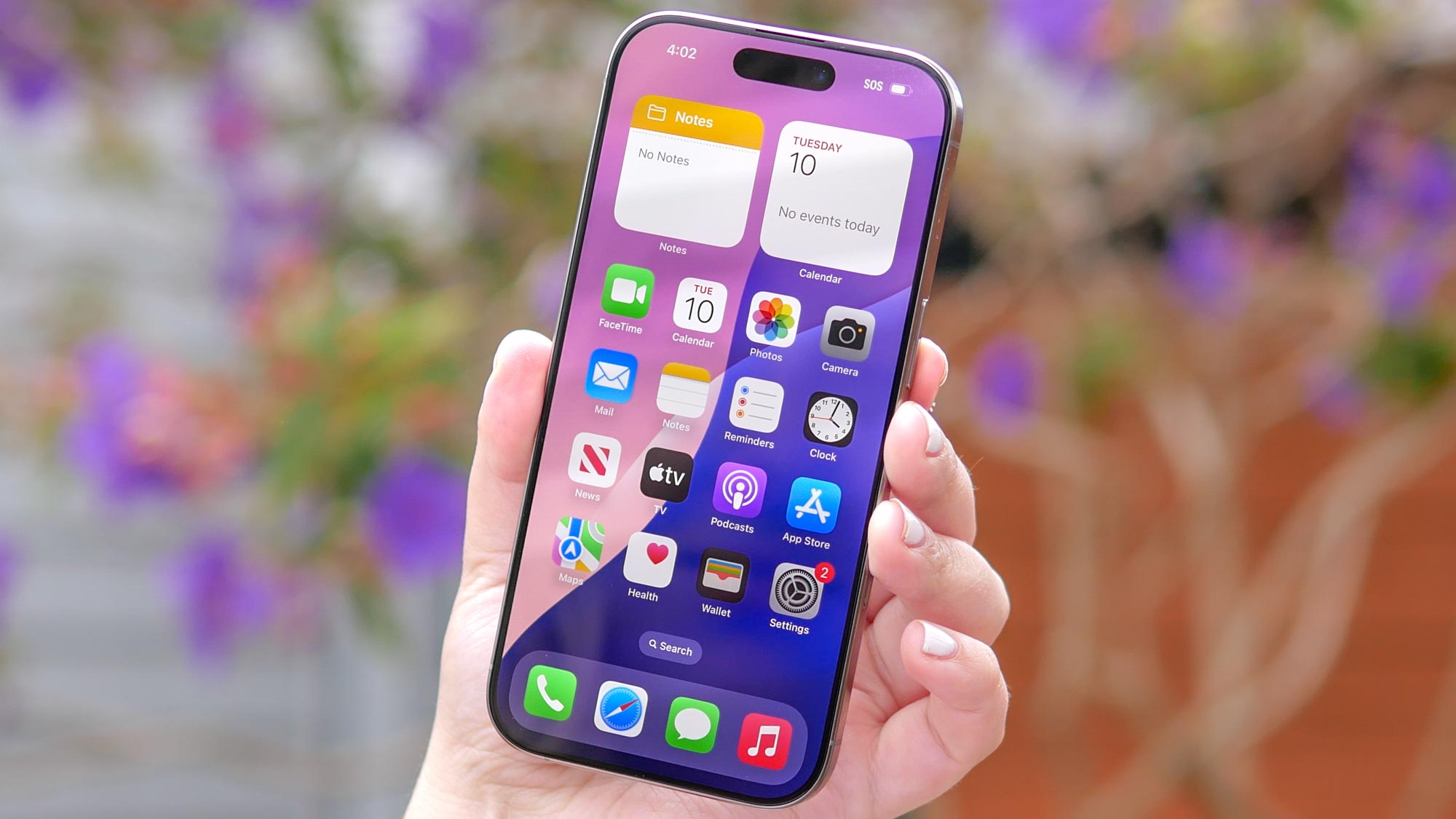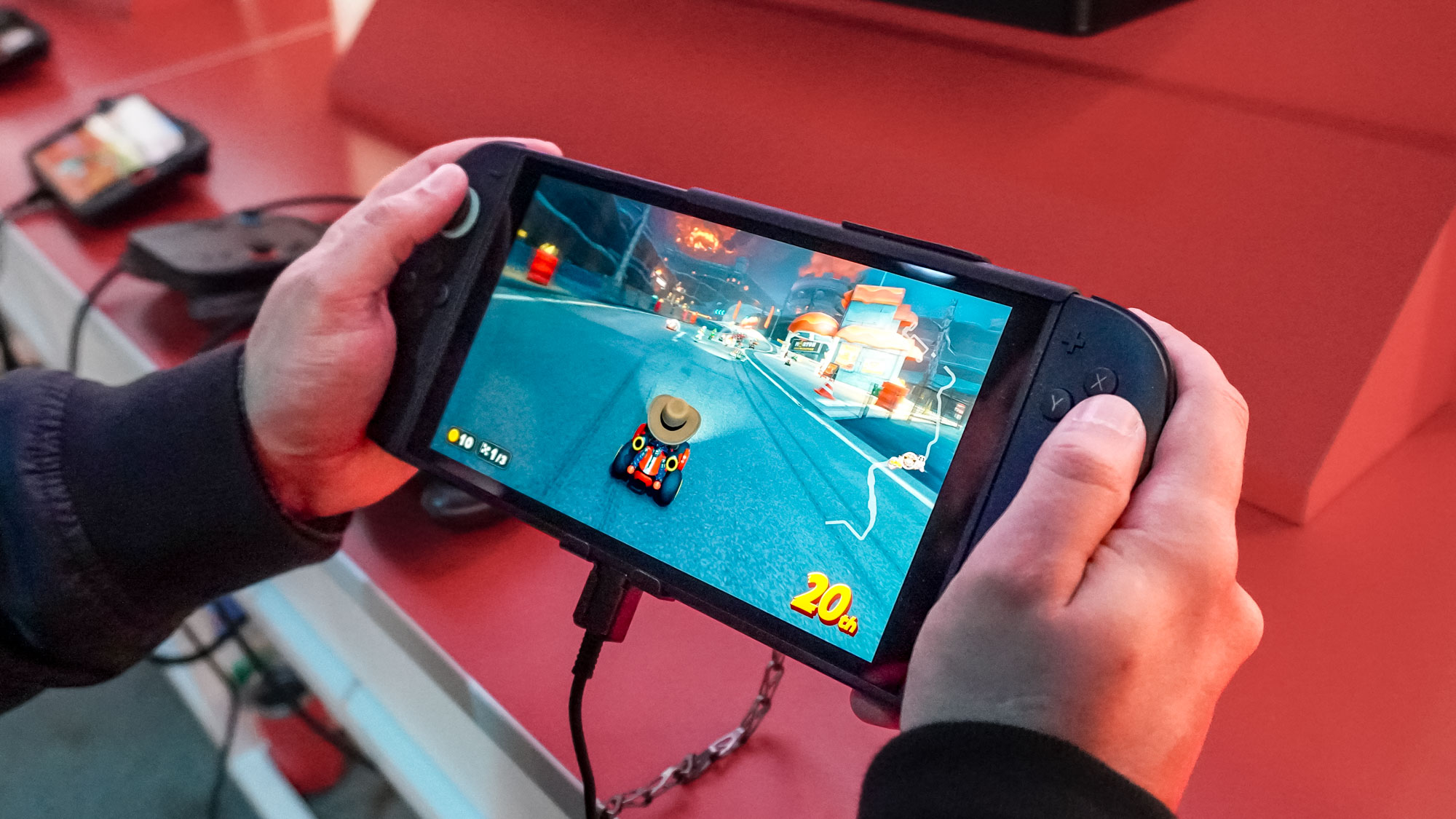When you purchase through links on our site, we may earn an affiliate commission.Heres how it works.
Data from VPN provider Surfshark’s Internet Shutdown Tracker showed the first restrictions occurred on October 25.
Mobile internet traffic was disrupted as protests erupted following the announcement of presidential election results.

Additional mobile internet shutdowns were added, impacting TikTok, Telegram, and YouTube.
November 3 saw the start of three days of mobile internet curfew blackouts.
VPN usage in Mozambique has soared, with Proton VPN, reporting anincrease of 127,830%over the baseline.

Google search terms for “VPN” in Mozambique have also spiked significantly over the past weeks.
This blackout was in response to ongoing deadly protests disputing the results of the recent government elections.
Mozambique’s electoral commission announced the ruling Frelimo party had won, extending its 49 years in power.

Opposition candidates, civil society groups, and observers have stated the election was rigged.
Update: Traffic data show #Mozambique has emerged from a third day of curfew-style mobile internet blackouts.
Protests are the leading cause of social media disruptions.
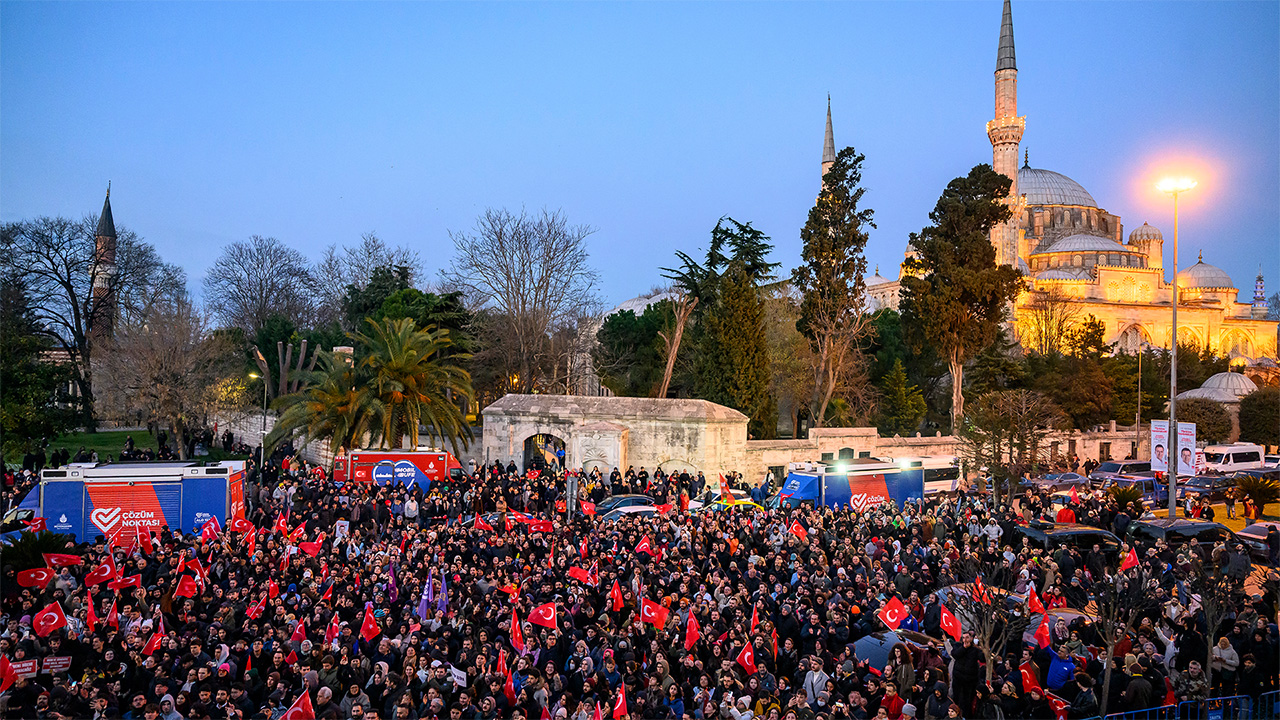
Facebook alone has been disrupted 40 times since 2015 amid protests.
What impact can VPNs have?
Mozambique is not the only country to experience a spike in VPN usage over the last year.
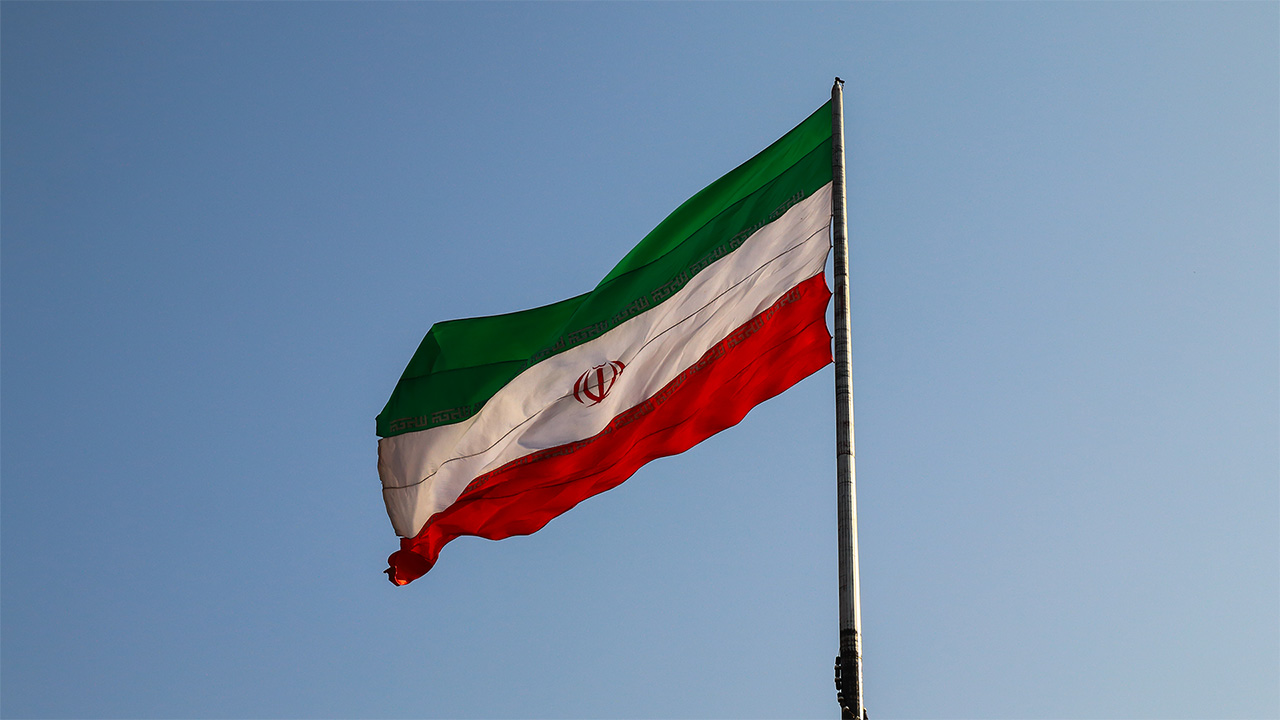
VPNs encrypt and protect your data online but they also allow you to get around location restrictions.
Whilst VPNs can still be used in these countries, it is becoming increasingly difficult.
Proton VPN has been active in this circle, recently announcing a wave ofanti-censorship features.
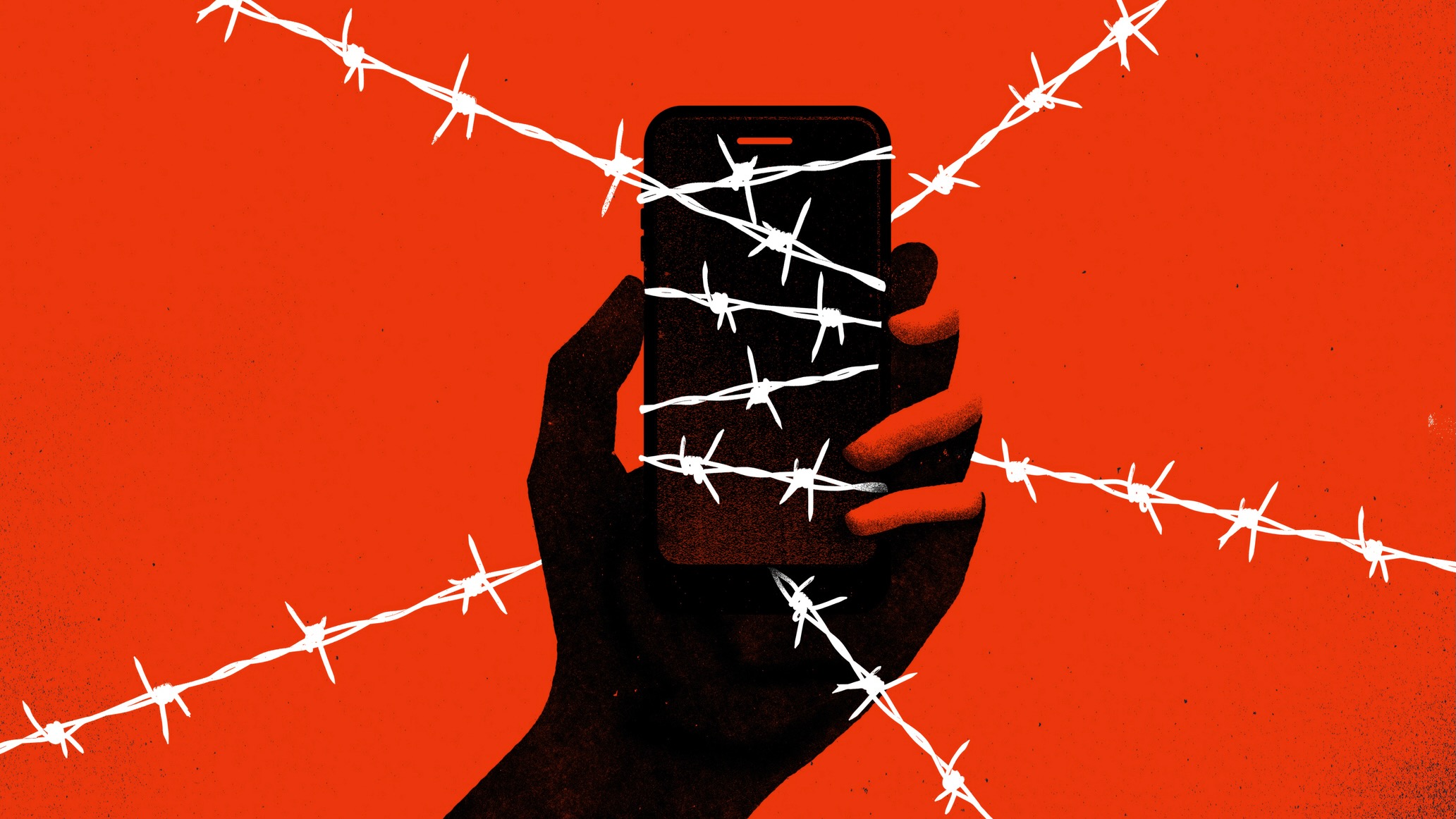
These included a discreet icon, launching virtual servers, and introducing stealth encryption.
